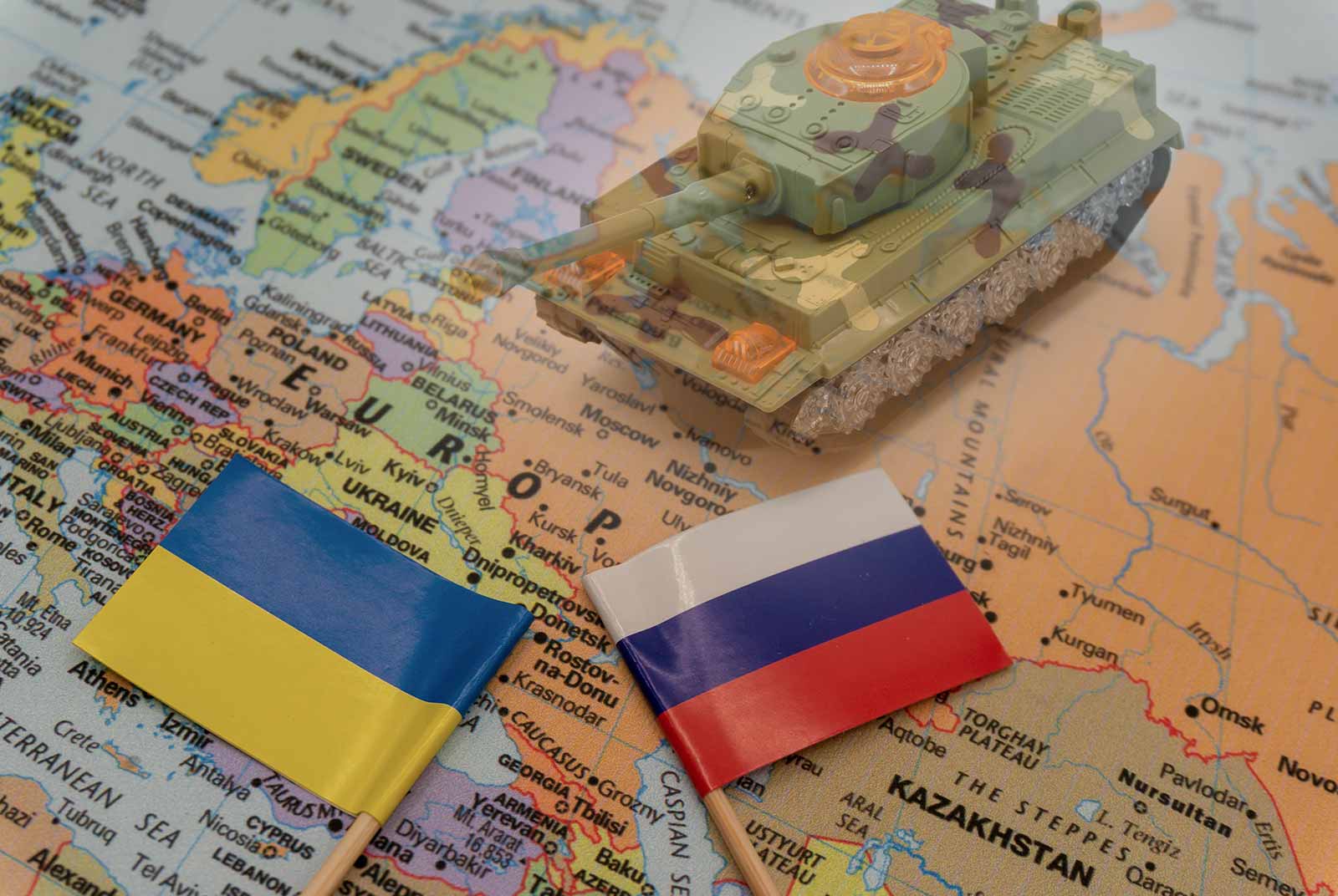
作者/Author(s): C. Raja Mohan
網站來源/Source: Foreign Policy
日期/Date: 08/20/2025
關鍵字/Keywords: 地緣政治、亞洲、烏克蘭
摘要:
俄烏危機從根本上改變了亞洲的地緣政治格局。亞洲各國不僅必須面對更具敵意的中國,還得承受川普可能削弱美國作為安全保障者的可信度。
- 為了應對俄烏危機和中國日益上升的威脅,美國在印太地區的緊密盟友正與華盛頓展現對華府的團結,也開始願意將跨大西洋安全議題納入亞洲的戰略考量。川普推翻拜登的烏克蘭政策,影響到了美國在印太的親密盟友,也凸顯了美國地緣戰略難以預測轉向所帶來的風險。
- 其他亞洲國家則保持謹慎,避免公開批評俄羅斯。如今看來,他們在抗拒西方壓力時的謹慎態度,或許是長遠未來的正確選擇。
- 與中國在亞洲的影響力相比,俄羅斯在歐洲的影響力微不足道。再者,中國與多國共享漫長的陸地邊界與戰略水域,使其更可能在爭議地區強勢主張主權。若川普容許俄羅斯保有先前以武力占領的烏克蘭領土,北京或將更有膽量在東海、南海乃至台灣問題上採取類似行動。雖然中俄「無上限夥伴關係」依然存在,但若川普與普丁關係改善,可能在中俄之間製造嫌隙。
- 川普正嘗試以對待普丁的方式拉攏習近平,同時忽視美國的傳統盟友。此外,他過度自信於美國管理中國的能力,卻低估中國的實力。由於美國在亞洲的盟友間缺乏正式的集體安全架構,川普的作為反而使這些盟友陷入更危險的境地。
- 然而,川普的俄烏戰略與經濟民族主義反映了他的「美國優先」世界觀。他可能會以犧牲美國盟友的安全為代價,換取與中俄更好的關係。因此,美國在亞洲的盟友恐需準備好面對不確定的美國安全承諾,並承擔更多責任來維護區域穩定。
Summary:
The Ukrainian Crisis fundamentally changed the geopolitical landscape in Asia. Asian countries must not only contend with a more hostile China but also with Trump, who may undermine US credibility as a security guarantor.
- In response to the Ukrainian Crisis and rising threat from China, close US allies in the Indo-Pacific are standing in solidarity with Washington and becoming more willing to integrate trans-Atlantic security into their Asian concerns. Trump's reversal of Biden's Ukraine policy left close US allies vulnerable and highlighted the dangers of an unpredictable shift in US geopolitical strategy.
- Other Asian countries exercised caution by refraining from criticizing Russia. Now, they may be farsighted and correct in resisting Western pressure.
- Russia's influence in Europe was minuscule in comparison to China's in Asia. Furthermore, as China shares long land borders and strategic waters with many countries, it may assert its claims in areas of contention. If Trump allows Russia to keep Ukrainian lands grabbed by force, it may embolden Beijing to do the same in the East and South China Seas and Taiwan. Although Beijing-Moscow's "no-limit" partnership remains intact, an improved Trump-Putin relationship could drive a wedge between China and Russia.
- Trump is trying to consort with Xi as he did with Putin, while disregarding US traditional allies. Moreover, he is overconfident in the US's ability to manage China and underestimates China's capabilities. As there is no formal collective security framework among US allies in Asia, Trump's actions left them in a more dangerous position.
- Nevertheless, Trump's Ukraine strategy and economic nationalism reflect his "America First" worldview. He may trade US allies' security for better relations with China and Russia. Therefore, US Asian allies may need to brace for an uncertain US security commitment and bear a greater burden in securing the region's stability.
